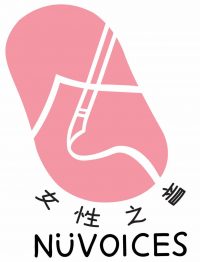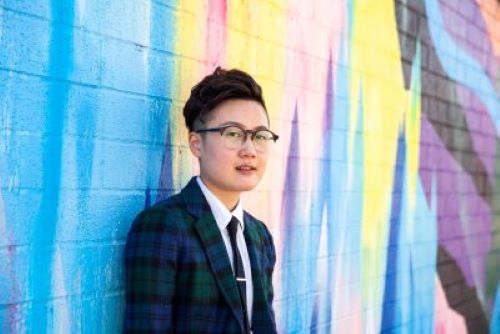We’re back with another episode as part of our Taiwan mini series!
In this week’s installment, we dive into the LGBTQ history of Taiwan. Since its groundbreaking legalization of same-sex marriage in 2019, making it the first in Asia to do so, Taiwan has remained a beacon of hope for LGBTQ rights in the region. Notably, in 2023, Taiwan achieved another milestone by granting full adoption rights for same-sex couples. But, how did Taiwan’s LGBTQ movement originate and evolve? To uncover this history, we are joined by this week’s guest, Wen Liu, who lends her expertise as an Assistant Research Professor at Academia Sinica.
Wen Liu and our host, Sophia Yan, explore the movement’s origins during the post-martial law era, its pivotal moments, and the courageous individuals who paved the way for progress.
Furthermore, the conversation touches on the challenges that lie ahead for the LGBTQ community in Taiwan, providing a nuanced understanding of the ongoing struggles and areas that require attention and support.
About Wen Liu: Wen Liu is a Taiwanese scholar, writer, and activist based in Taipei. She is Assistant Research Professor at the Institute of Ethnology, Academia Sinica. She received her Ph.D. in Critical Social Psychology at the Graduate Center, City University of New York in 2017. She is affiliated with the Department of Sociology, National Taiwan University. Liu’s forthcoming book with the University of Illinois Press in 2024, Feeling Asian American: Racial Flexibility between Assimilation and Oppression (winner of the 2018 National Women’s Studies Association First Book Prize), investigates diasporic Asian American subjectivities and affective geopolitical alignment in times of US-China inter-imperial rivalry. The project illustrates the historical and contemporary articulations of Asian Americanness in the intertwined geopolitical relations between the US and the Asia Pacific using ethnography, narrative, archive, and discourse analysis.

